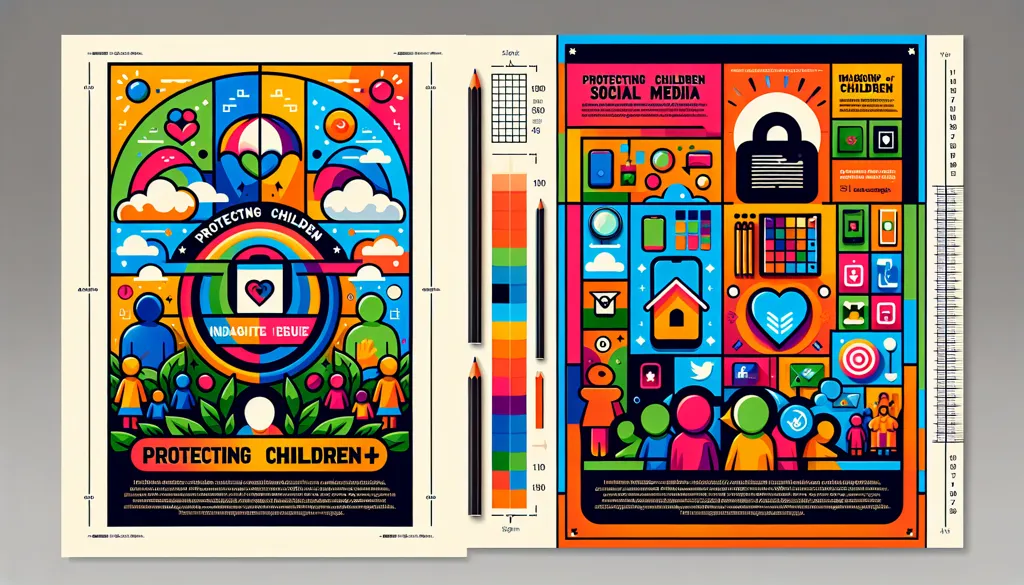Australia's Bold Move: Banning Social Media for Children Under 16
In a groundbreaking legislative move, the Australian government has proposed banning children under the age of 16 from using popular social media platforms such as Instagram, TikTok, and Facebook. This initiative, part of the "Social Media Minimum Age Bill," aims to safeguard young users from the adverse effects of social media, sparking a global conversation about the responsibilities of governments, tech companies, and society in protecting vulnerable individuals from the potentially harmful aspects of digital technology.
The Dark Side of Social Media
Social media has become an integral part of the daily lives of young people, serving as a platform for self-expression, entertainment, and social networking. However, experts have raised concerns about its negative impact on mental health, with prolonged exposure linked to increased rates of anxiety, depression, and body dysmorphia among adolescents. Social media platforms, driven by algorithms that promote content eliciting strong emotional responses, often showcase material glorifying harmful behaviors, such as extreme dieting and self-harm.
Furthermore, the idealized images and lifestyles portrayed on social media can exacerbate feelings of inadequacy and low self-esteem among young users, as they compare themselves to unattainable standards of beauty. Cyberbullying and online predation are also significant risks, with social media providing a platform for bullies and predators to harass and exploit minors anonymously.
Australia's Legislative Proposal
The proposed legislation aims to enforce a strict age limit, prohibiting individuals under 16 from accessing social media, with tech companies held accountable for ensuring compliance. Non-compliance could result in hefty fines, emphasizing corporate responsibility in safeguarding young users. The bill also mandates stringent age verification measures, prompting privacy concerns due to potential misuse of personal data. However, the government argues that the benefits of protecting young users outweigh the challenges posed by privacy issues.
Global Perspectives on Social Media Regulation
Australia's proposal has sparked interest worldwide, with countries like France and the UK exploring similar measures. While France requires parental consent for minors under 15 to access social media, the enforcement of such regulations remains challenging. The UK's efforts to implement age-verification practices have faced resistance due to privacy concerns, highlighting the complexities of balancing safety and privacy in the digital age.
In the United States, social media regulation is primarily state-driven, with states like Utah and Arkansas requiring parental consent for minors to access social media. However, these measures face legal challenges, reflecting the ongoing debate over balancing individual rights with the need for protection.
Counterarguments and Considerations
Critics of Australia's proposal argue that it may infringe on parental rights and limit access to support networks vital for marginalized groups, such as LGBTQ+ youth. Social media can serve as a lifeline for these individuals, providing a platform for connection and support. Policymakers must therefore balance protection with the need to preserve these vital online communities.
Additionally, concerns about data privacy and the potential misuse of biometric data for age verification highlight the need for robust safeguards to protect user information. International cooperation and guidelines may be necessary to ensure consistent enforcement and prevent users from exploiting regulatory loopholes.
Conclusion
Australia's bold legislative proposal to ban social media for children under 16 underscores the urgent need to address the risks posed by unchecked digital platforms. While the challenges of implementing such a ban are significant, the potential benefits in terms of safeguarding young users' mental and emotional well-being cannot be underestimated. As other nations grapple with similar issues, Australia's approach may serve as a blueprint for creating a safer digital environment for future generations.

